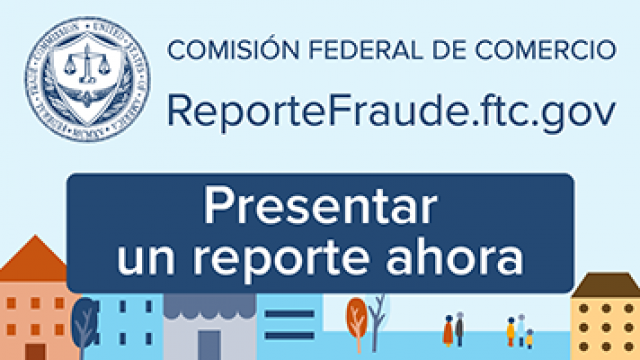Learn about the latest scams, and get advice to help you avoid, report, and recover from them.
Real government agents aren’t asking you to buy and deliver gold bars
Spot and avoid FEMA impersonators
New job? How to spot boss imposter scams
Help the people affected by flooding in Texas — not a scammer
Veterans and caregivers: Recognize VA benefits overpayment scams
Job scammers are looking to hire you
Are you really out of Cloud storage or is that message a scam?
Scammers are impersonating local law enforcement
Welcome to Military Consumer Month 2025
Don’t pay for a prize (scam)
How to avoid work-from-home job scams
Yes, going to the DMV is the only way to avoid a REAL ID scam
How to avoid travel website scams
Is it health insurance or a medical discount plan?
Looking for health insurance? Make sure that’s what you’re really getting.



